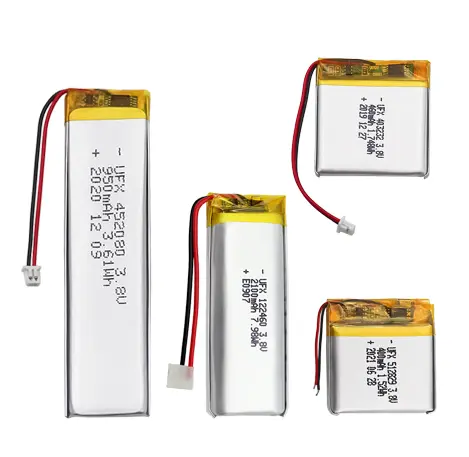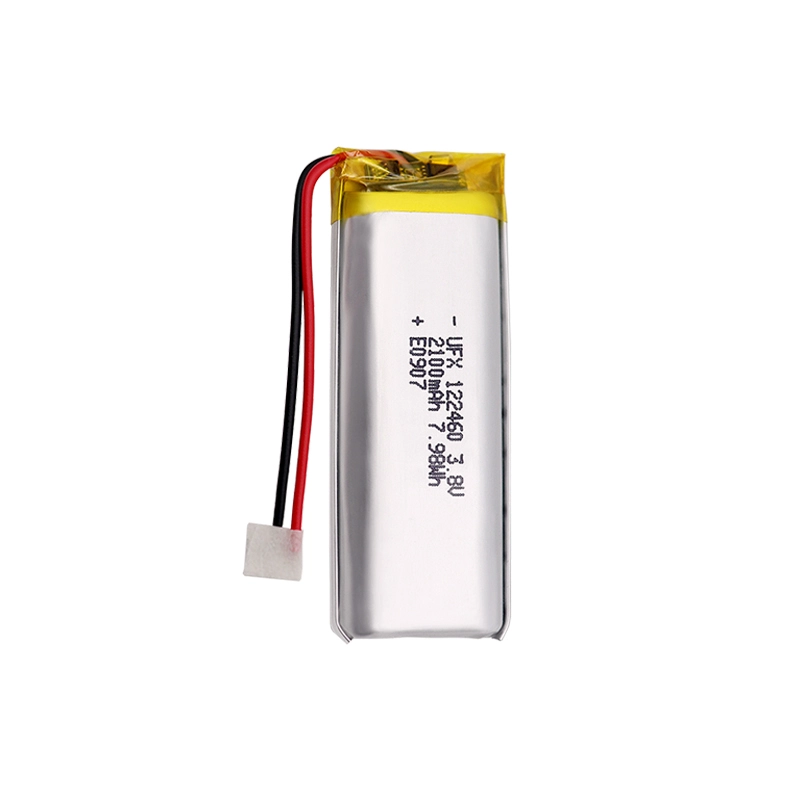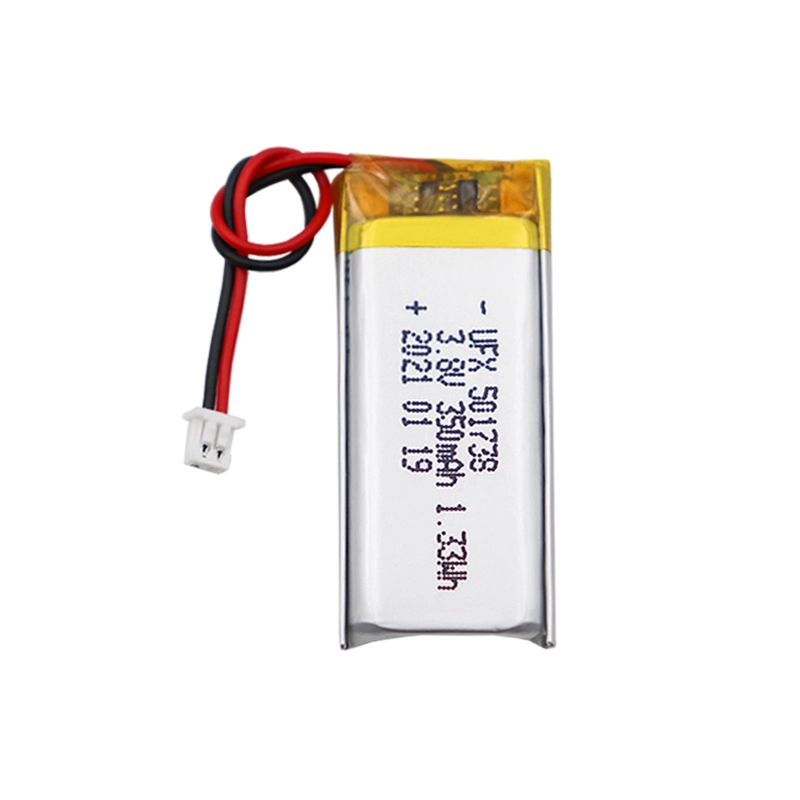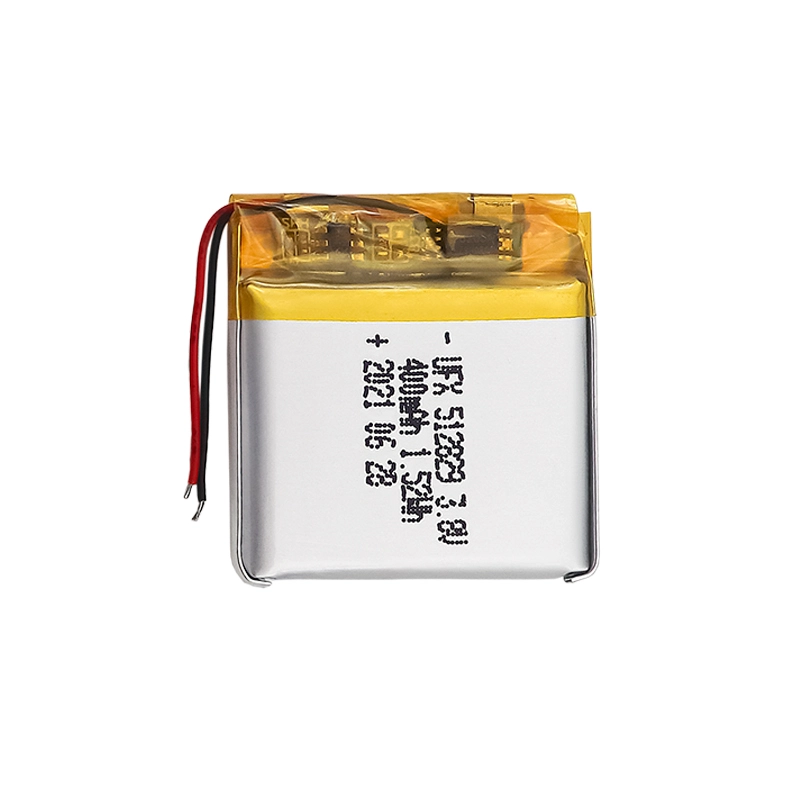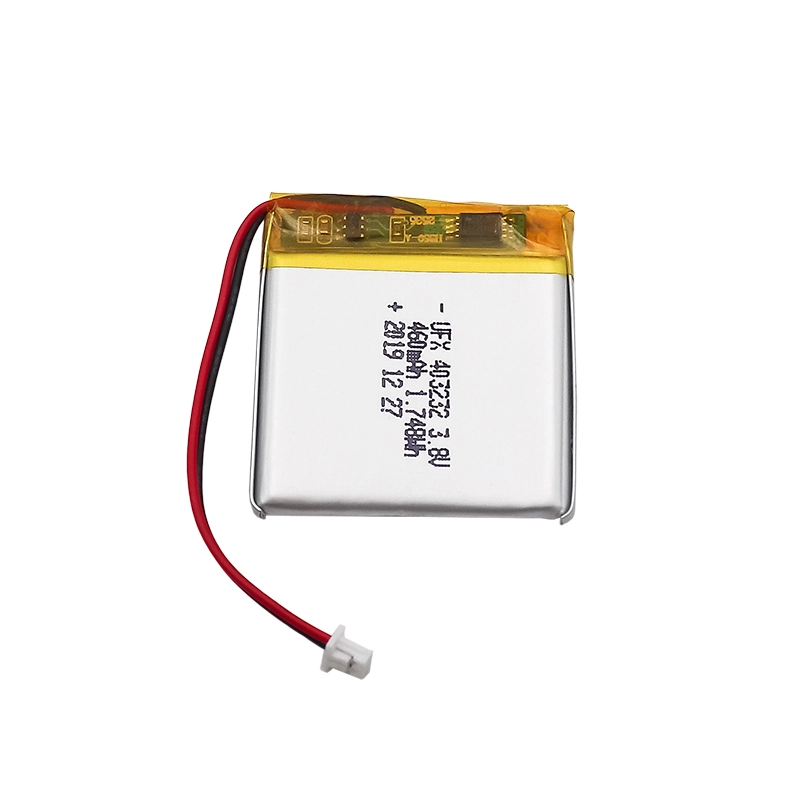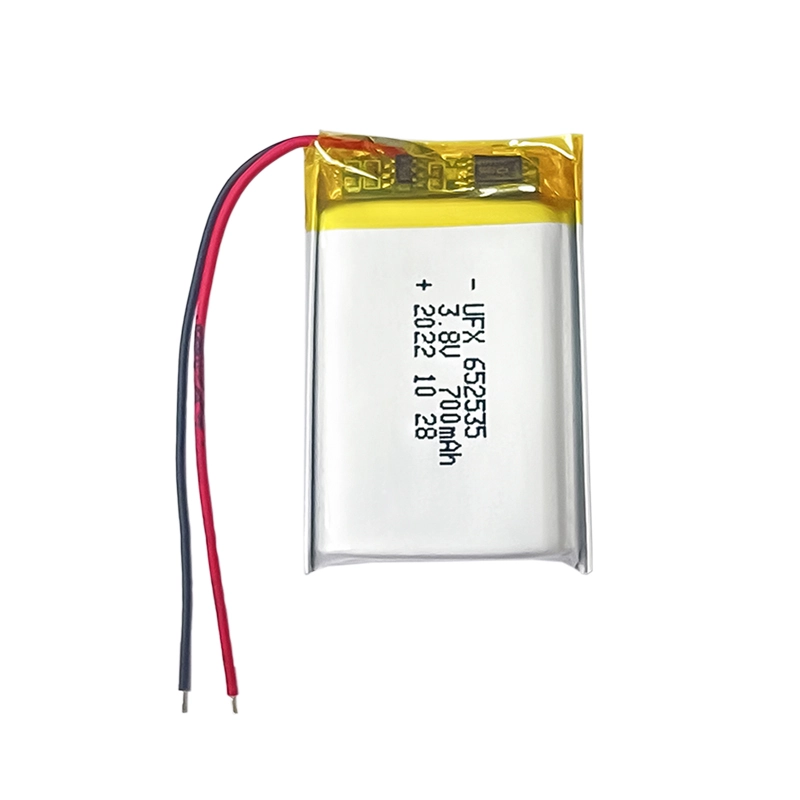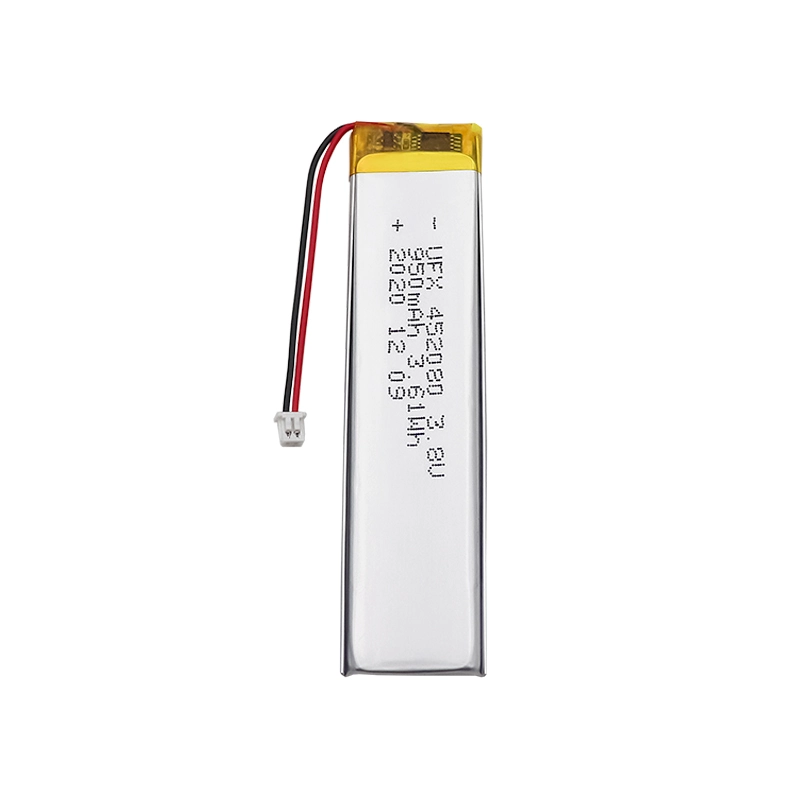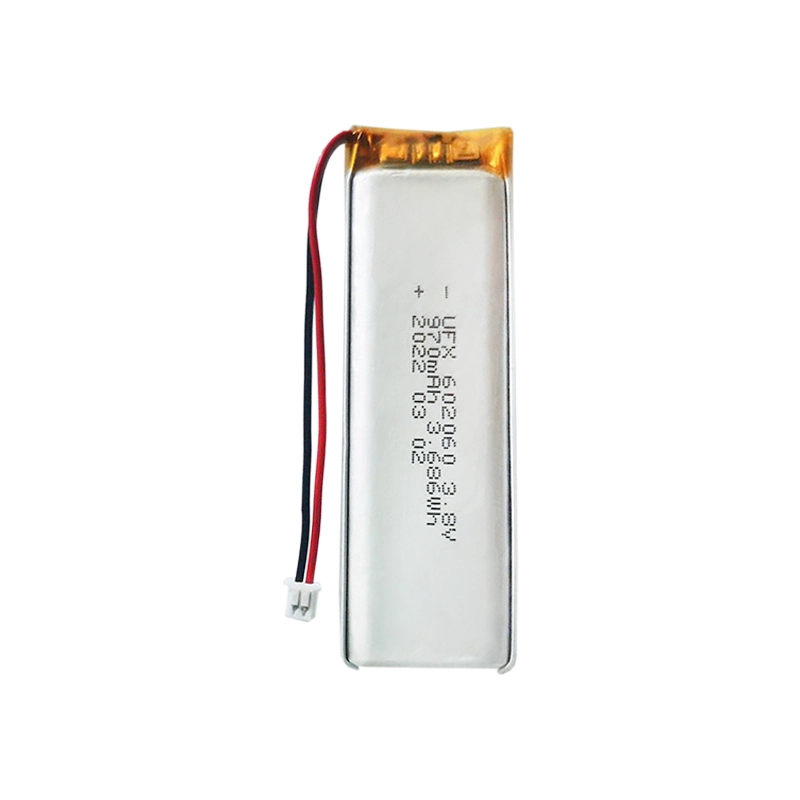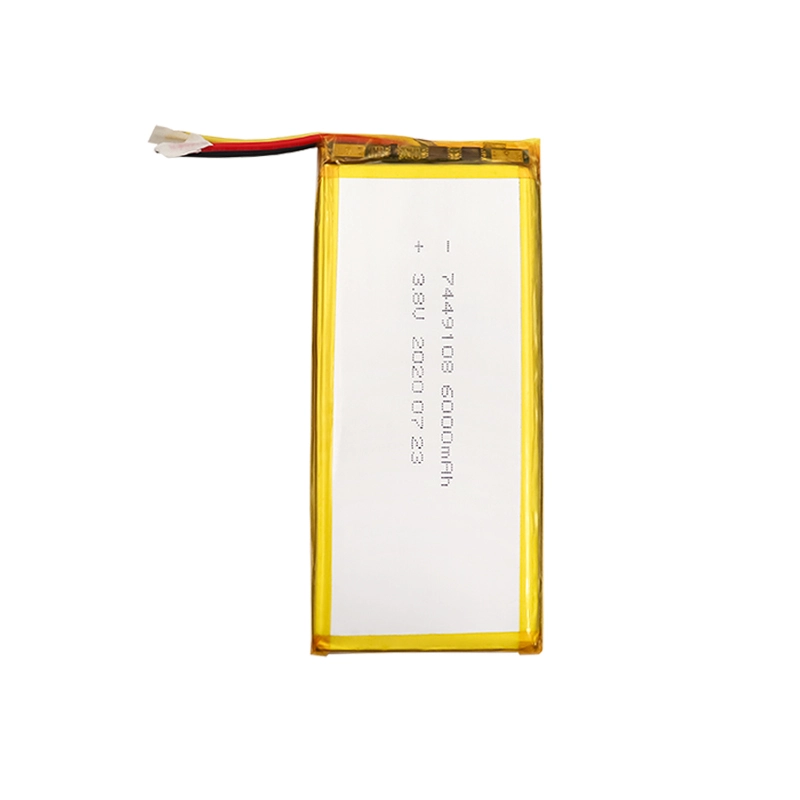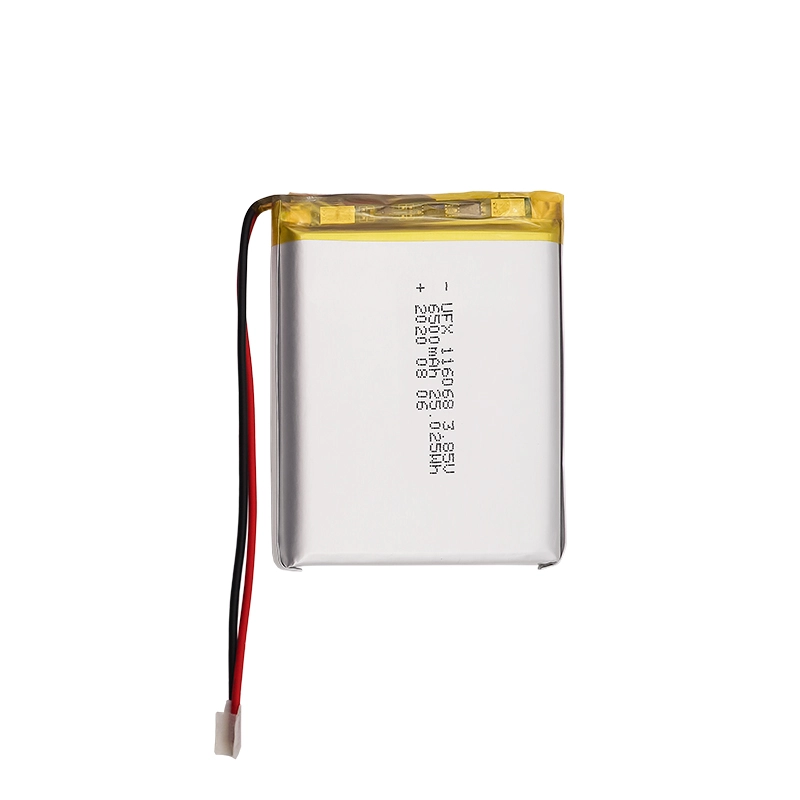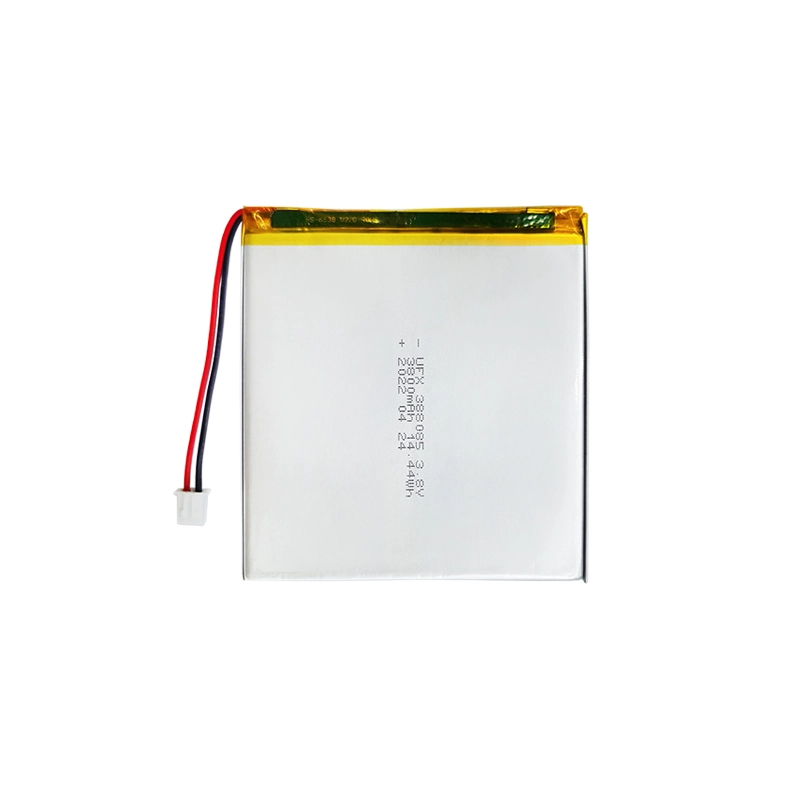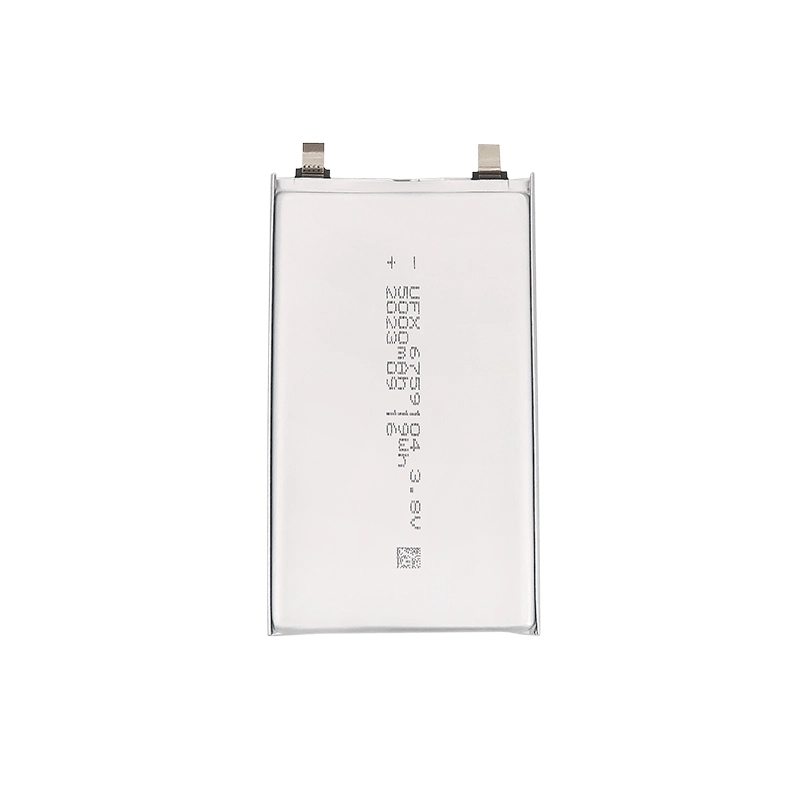Applications of 3.8 V Li-ion Battery

Laptop Battery
If you're in the business of laptop sales, then you know how crucial it is to have a trustworthy and reliable laptop battery supplier by your side. Choosing the right laptop battery manufacturer can supercharge your business faster!

iPad Battery
iPads utilize lithium-ion rechargeable batteries. In contrast to conventional battery technology, lithium-ion batteries are lighter, charge more rapidly, boast extended longevity, and offer greater power density for increased battery life.

Wireless Microphone Battery
Lithium batteries provide longer runtime on a single charge and are often smaller and better suited for wireless microphones.

Remote Control Battery
Remote control batteries have two types: rechargeable and disposable. Lithium batteries are rechargeable and designed for long-term use. As a result, remote controls typically use lithium batteries.

Alarm Clock Battery
Generally, the lithium batteries are used for clock alarms to power them running. They have a lifespan of around 2-5 years, depending on the capacity and usage.
Related Articles
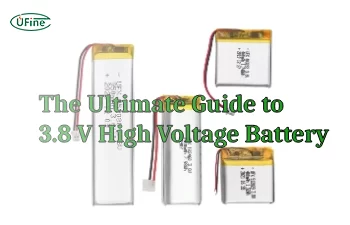
The Ultimate Guide to 3.8 V High Voltage Battery
3.8 V high-voltage batteries offer improved performance and efficiency. This guide covers their benefits, applications, and industry impact.
2024-7-23 Henry
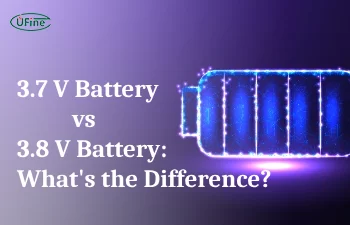
3.7 V Battery vs 3.8 V Battery: What's the Difference?
Battery voltage affects performance and longevity in electronics. This guide explores the differences between 3.7V and 3.8V batteries and their implications.
2024-7-23 Henry

A Comprehensive Guide to High Voltage Batteries
High-voltage batteries power modern technology, from EVs to energy storage. This guide covers their applications, advantages, types, and maintenance.
2024-7-23 Henry
FAQs About 3.8 V Li-ion Battery
-
What applications are best suited for thin film batteries?
Thin film batteries are perfect for applications in wearable technology, smart devices, and any product where size and weight are critical factors. They provide reliable power without adding significant bulk. -
How do I know if a thin film battery is right for my product?
To determine if a thin film battery is suitable, consider your device's size, power requirements, and usage conditions. Ufine Battery's team can help you assess your needs and select the appropriate thin battery. -
Can I customize a curved battery for my smart ring?
Yes, Ufine Battery offers customization options for curved batteries, allowing you to tailor the size, voltage, capacity, and shape specifically for your smart ring design. -
How can I determine if a curved battery is suitable for my device?
To assess the suitability of a curved battery for your device, consider the shape, size, and power requirements. Ufine Battery's experts can guide you in selecting the right curved battery for your smart ring or other wearable devices. -
What does high rate of battery discharge mean?
A high rate of battery discharge means the battery can release its stored energy quickly, measured in current (amperes) or C-rate. It is essential for applications needing rapid power, such as electric vehicles and power tools. -
What is the best battery discharge rate?
The best battery discharge rate varies by application. For consumer electronics, a rate of 0.5C to 1C is usually sufficient. For high-performance uses like electric vehicles, higher rates (2C to 10C or more) may be needed. -
Which battery is best for high temperature?
Lithium iron phosphate (LiFePO4) batteries are best for high temperatures due to their excellent thermal stability and safety. -
What is the high temperature for a LiFePO4 battery?
The high temperature limit for LiFePO4 batteries is around 60°C (140°F) for continuous use. They can handle short-term exposure up to 85°C (185°F). -
Can low temperature batteries be charged in cold conditions?
Yes, many low temperature batteries can be charged in cold conditions, but charging rates may be reduced to protect the battery's health. It’s important to refer to the manufacturer's guidelines for optimal charging temperatures to ensure safety and longevity. -
What applications are suitable for low temperature batteries?
Low temperature batteries are ideal for applications such as outdoor power tools, winter sports equipment, electric vehicles in cold climates, and any devices that may be used in frigid conditions. Their design ensures reliable performance where traditional batteries may fail.
